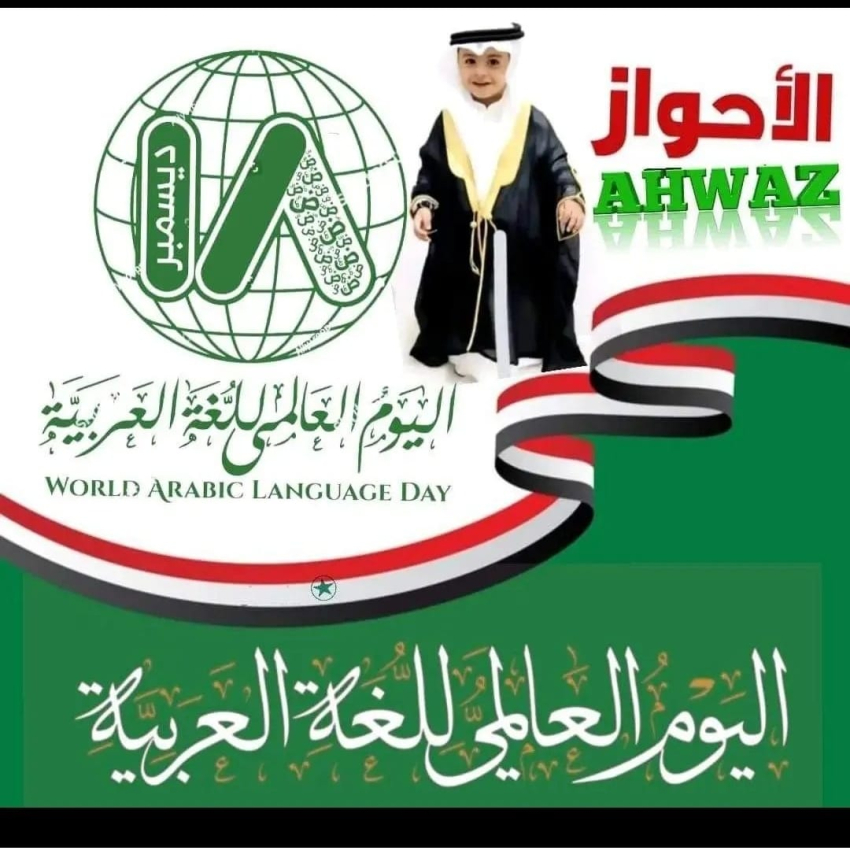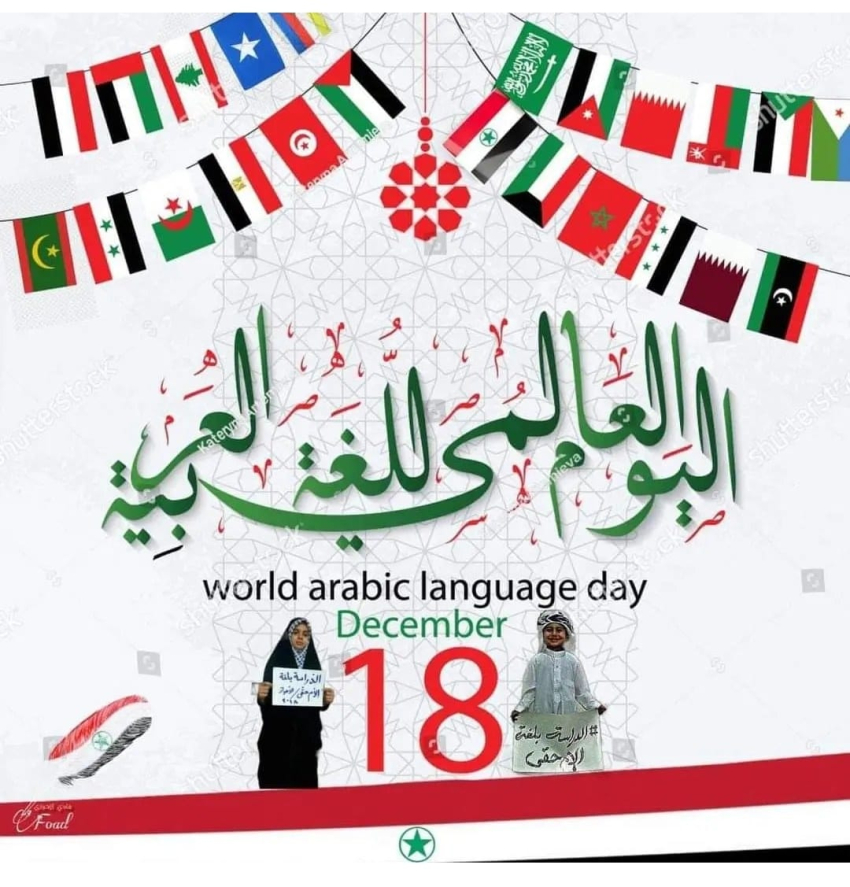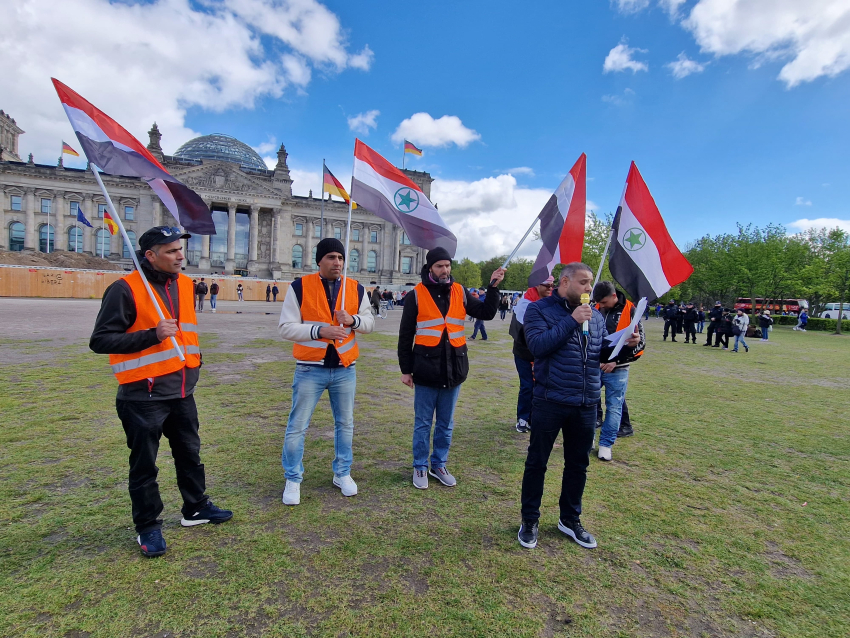On December 18, 1973, the United Nations General Assembly made a significant move by officially adopting Arabic as one of its working languages alongside English, French, Chinese, Russian, and Spanish. This milestone sparked widespread interest among Ahwazis, underscoring their commitment to the Arabic language as an integral aspect of their Arab identity. Despite this, the Iranian regime have relentlessly sought to suppress Arabic within Ahwaz, employing systematic and discriminatory measures aimed at erasing its presence.
The Iranian regime have invested heavily in promoting the dominance of the Persian language within Ahwazi households. This has been achieved through several means, including:
- Banning Arabic education and imposing Persian as the mandatory language of instruction
- Restricting Arabic-speaking government and non-governmental entities.
- Encouraging Ahwazis to relocate from their native region to Persian-dominated areas in other Iranian provinces
- Establishing settlements and relocating numerous Persian families to Ahwazi cities, offering them various incentives such as lucrative job opportunities in oil and sugar cane industries, as well as governmental positions with high salaries and bonuses
- Deriding the Arabic language through Persian-dominated media, favoring Persian over Arabic
Amidst the cultural invasion tactics employed by Iranian authorities over the past century to assimilate Ahwazis into Persian culture and eradicate the Arabic language, recent field reports reveal that a majority of the educated class adheres resolutely to Arabic as a crucial component of their identity. However, there is a segment of the Ahwazi population that grapples with incorporating Persian vocabulary into their speech—a consequence of the imposed policies—which often confuses both Arab and non-Arab audiences, rendering an unintelligible language due to the fusion of Arabic and Persian elements.
Furthermore, many Ahwazi refugees resettled in Western nations face significant challenges in securing residency and safety due to linguistic barriers. Having fled Iranian oppression and sought refuge in Western countries, they struggle to communicate effectively with asylum service translators, as the mix of Arabic and Persian vocabulary that complicates comprehension.
While the Ahwazi Organization for Human Rights applauds the efforts of Ahwazi intellectuals in promoting Arabic language education within and beyond Ahwaz, it vehemently condemns the Iranian regime's discriminatory policies aimed at undermining the Arab identity in Ahwaz. These policies flagrantly violate both humanitarian principles and international laws.
Hammadi,Saida












